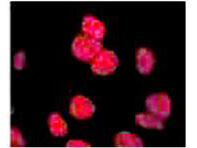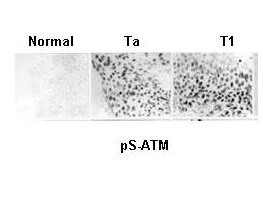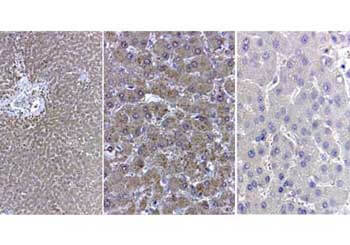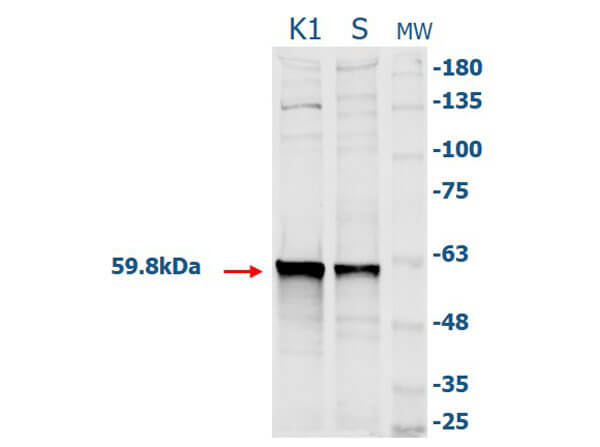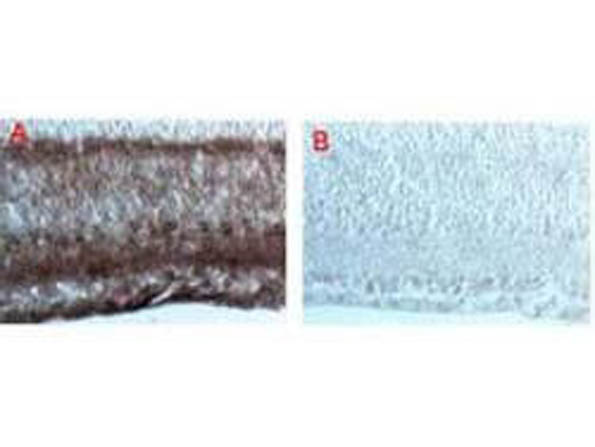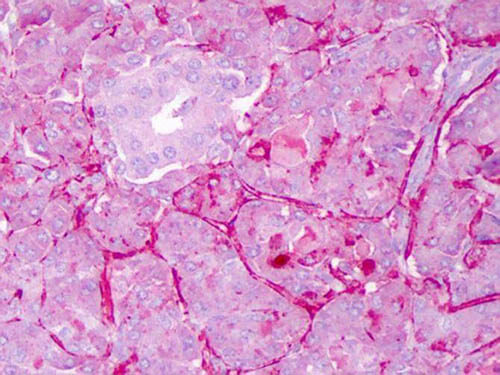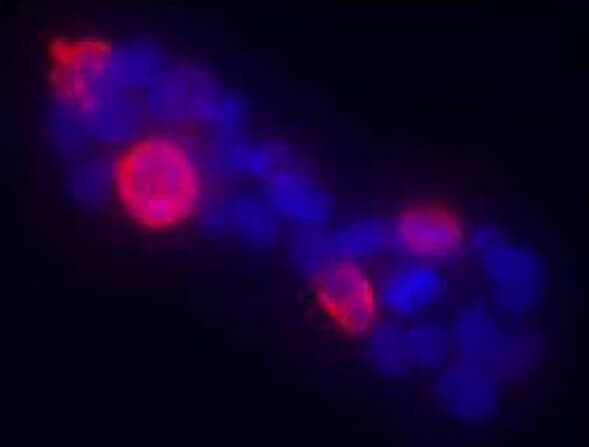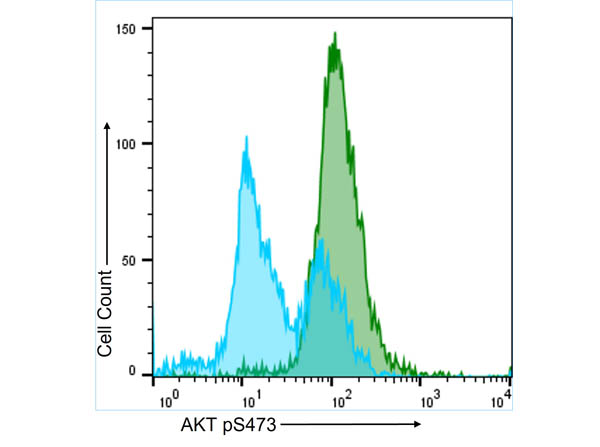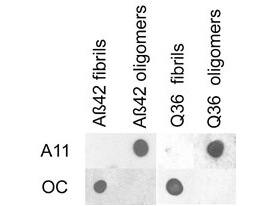Neuroscience
Rockland's Neuroscience Antibodies category is a crucial resource for scientists exploring the complex interplay of proteins within the nervous system. These antibodies are essential tools for the isolation, characterization, and localization of target proteins, advancing our understanding of neural processes and diseases. With a focus on high specificity, selectivity, and reproducibility across key techniques like WB, IHC, IF, and ELISA, Rockland's antibodies support research in neural development, neurodegeneration, and more. This category offers:
- High specificity: For accurate detection across WB, IHC, IF, and ELISA
- Research diversity: Tools for studying neural development, transmission, and diseases
- Innovative solutions: Antibodies targeting key neurological pathways and disorders
Product Categories
Applications
Reactivity
Host Species
Conjugation
Format
Post-Translational Modification
Sample Size
